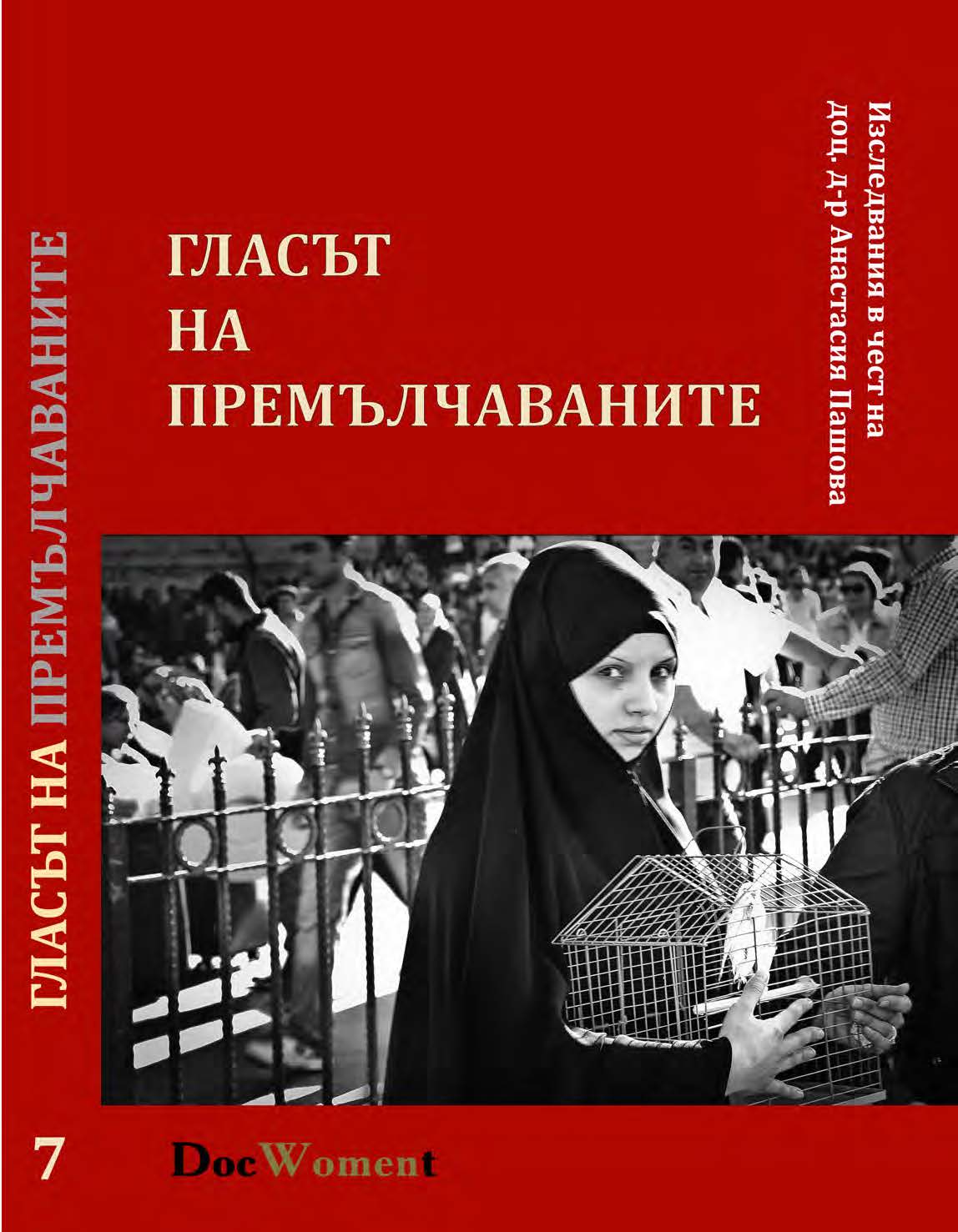Темата за „социалистическото преобразование на Родопите“ в изкуството на социалистическия реализъм: оперетата „Айка“ на софийска сцена през 1955
The Topic of the ‘Socialist Transformation of Rhodopes’ in the Art of Socialist Realism: the Operetta „Ajka“ on Sofia Stage in 1955
Author(s): Kristina PopovaSubject(s): History, Fine Arts / Performing Arts, Cultural history, Music, Sociology of Art, History of Art
Published by: ЮГОЗАПАДЕН УНИВЕРСИТЕТ »НЕОФИТ РИЛСКИ«
Keywords: Socialist realism; Late Stalinism; Parashkev Hadjiev; Rhodope Mauntain; Muslim Women
Summary/Abstract: The paper presents how the Communist Party politics toward Bulgarian Muslim women in the Rhodopes reflected in the art of socialist realism in Bulgaria on the example of an operetta in 1955. In the time of the so called ‘Late Socialism’ the control upon art became stronger and the method of the socialist realism was established in Bulgaria under Soviet influence starting a struggle against ‘formalism’. Arts had to be‘comprehensible’ for the people. The topics had to be oriented to the main political tasks: industrialization, agrarian collectivization. The famous composer Parashkev Hadjiev (1912 - 1992) wrote in 1952 the operetta ‘Delyana’ on the topic of the socialist agrarian collectivization. Criticising young people who opposed to the working enthusiasm and preferred entertainment and Western music, he involved a ‘Western’ youth dance in the musical, which was aclamated by the audience. The Bulgarian Communist Party leader Valko Chervenkov was disgusted by the Western dance and the public acclamations. He left the presentation demonstratively and published a very critical review which was discussed at a Party meeting of the Composers Union. In order to improve his positions, Parashkev Hadjiev wrote the operetta ‘Ajka’, build on a folklore base. The premiere was in May 1955. The story was about a Rhodope Mountain Muslim village, which was already on the way of its socialist transformation. Muslim population and especially Muslim women at that time were an important target group for the politics of the Communist Party in its attempts to form the new generation in a political loyalty group. The operetta settings presented the village as a changing but still conservative place near a dam and tunnel building place. Young women and men were working there fulfilling working plans and having political courses. The young Muslim girl Ayshe (Ajka) fall in love with the building brigade leader Milko. Their love however was not possible because her conservative father promised her to a rich Muslim man, who prepared for her a life in a ‘golden cave’. A picturesque traditional wedding party was prepared but after a serial of comic turns and dressing up, the young couple Ajka and Milko got together and had their wedding party at the dam. The play answered the claims of the socialist realism; it was in accordance to the official lines toward Muslim women. The Socialist realism helped the communist power to differnciate the Rhodopes as a topos with important ideological significance presenting the mountain as a place of victory of the new social order, as heterotopia, where the construction of dams, power plants, tunnels and mines transformed young people's lives beyond religious differences in a homogenious group of Socialist youth.
Journal: Архиви на жени и малцинства
- Issue Year: 2021
- Issue No: 7
- Page Range: 113-133
- Page Count: 20
- Language: Bulgarian

